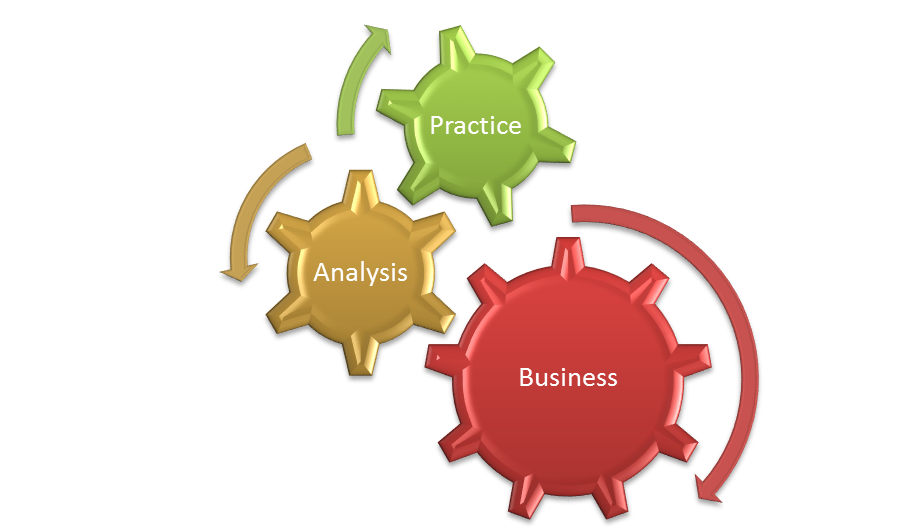High Wycombe , is located in Buckinghamshire, England around 29 milesfrom Charing Cross in London. High Wycombe has a population of 124,475 (as of 2015) and is the second biggest town (after Milton Keynes) in the county of Buckinghamshire.
High Wycombe is mostly unparished and a part of the urban area constitutes of the civil parish of Chepping Wycombe . Wycombe has a traditional em phasis on furniture production. Since the Middle Ages a fair has been held in the High Street.
Wycombe appears to get its name from the river Wye combined with the old English word for a wooded valley, combe.
Education
In Buckinghamshire a student has to appear for a 11+ exam to get selected into a grammar or a secondary modern school. It boasts of more than 15 Primary Schools, 7 Seccondary Schools, and 4 independent schools.
Located near High Wycombe is the training college – the Amersham & Wycombe College which also has its campuses at Chesham and Amersham. The main campus of Buckinghamshire New University is also in High Wycomb. It is situated on site where the High Wycombe College of Art and Technology was earliier located. It received its university charter in summer 2007.
Industry
Wycombe was once known for furniture making. Even today furniture design form a part of the university curriculum. In 1700 AD beech trees were cut down from the The River Wye valley to make furniture. High Wycombe was also known as the home of Harrisons and Sons who priinted postage stamps and banknotes. More new industries in the city include the paper, precision instruments, clothing and plastics. Most of the industrial area lies in the Cressex district, southwest of the city centre. Wycombe's industrial past is reflected on the town's motto "Industry enriches".

 ENQUIRE
ENQUIRE
 REQUEST CALLBACK
REQUEST CALLBACK
 GET A FREE QUOTE
GET A FREE QUOTE


 Introduction
Introduction Course Details
Course Details Course Content
Course Content





 London
London